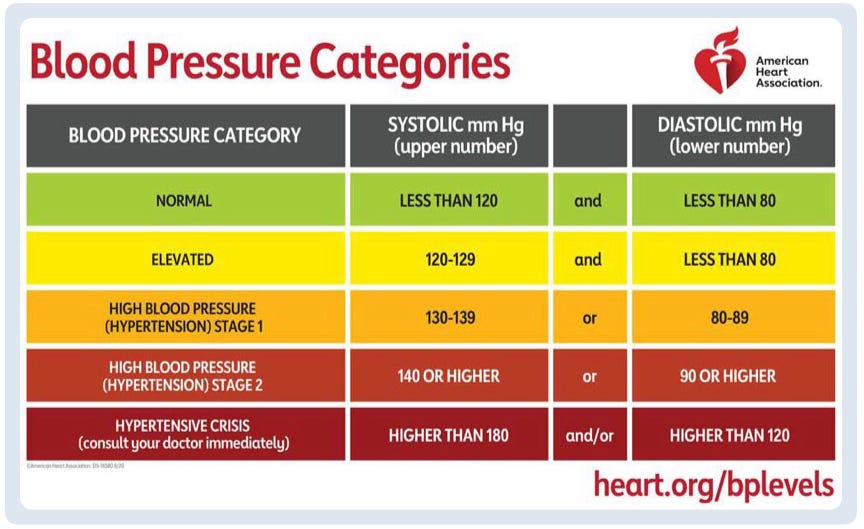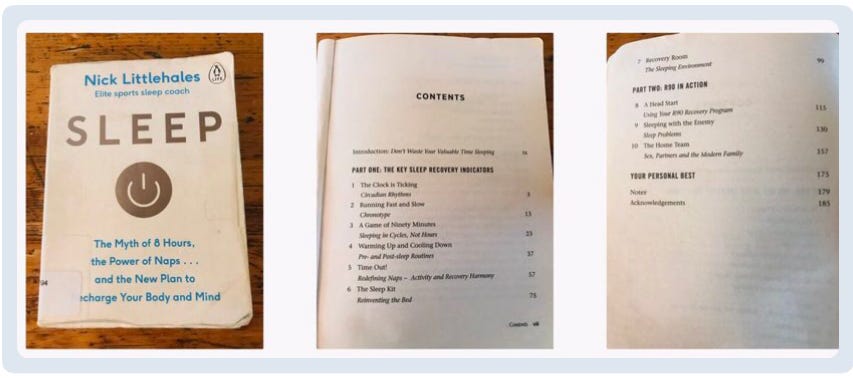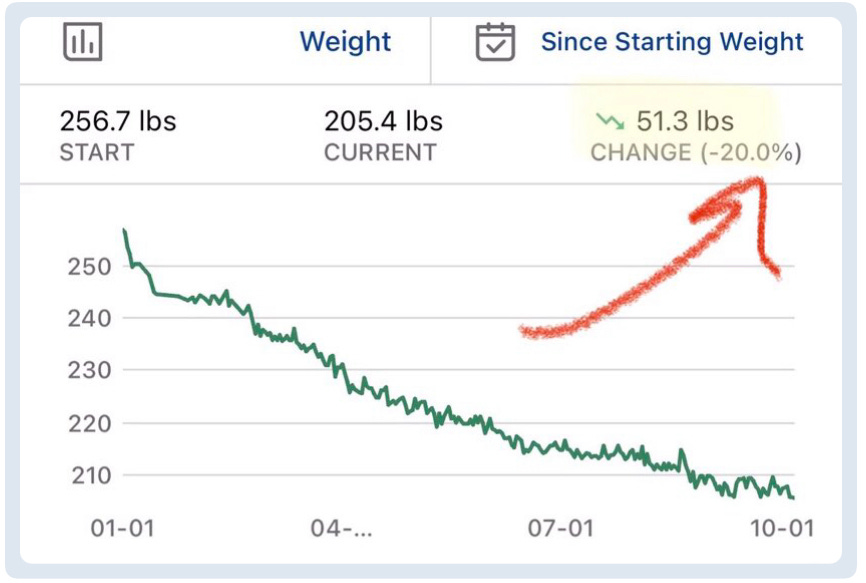How to properly test your blood pressure
Plus: A book on sleep and a product recommendation
How are you my friend?
Welcome to the 193rd consecutive edition of this newsletter.👏
It’s the May long weekend here in Ontario. I’m writing this from a friend’s cottage.
This is the view from the room I am writing in…
Here are 3 things I really wanted to share with you this week.
1/ Something I will purchase.
Last week I mentioned that my blood pressure, which was taken at my doctor’s office, was high. I do not believe that result was accurate, for reasons I stated here, so I am going to start keeping track of my own blood pressure over the next few weeks to find out if my suspicion is correct.
One company Dr. Peter Attia recommends, that produces automated blood pressure cuffs, is Omron. Turns out Costco carries this brand in their pharmacy section and it is cheaper than anywhere else. I will buy this as soon as I return from the cottage and begin running my own 2-week blood pressure experiment.
To think about → Consider making your own investment in an automated blood pressure cuff so you can start monitoring this yourself. The new science coming out suggests this is an important predictor of health and longevity.2/ How I’m running my own blood pressure experiment.
One of the mindsets I review everyday in my Mindset Manifesto is…
As mentioned above, I’m going to run my own blood pressure experiment using the same protocol Peter Attia uses with his patients.
If you are interested in running this experiment yourself — which I highly recommend — watch this clip of Peter explaining how to properly take your blood pressure.
Below I share the blood pressure protocol I have created for myself using Peter’s suggestions. Feel free to copy it if you find it helpful.
My Blood Pressure Protocol →
Take my blood pressure twice a day
after my shower and before my coffee in the morning (7:15am)
about 30 minutes before bed time (10:00pm)
Set two alarms to remind me to do so
When it’s time to take a measurement…
Put the blood pressure cuff on
it should be 2 inches above the elbow joint
arm should be resting at the same level as my right atrium
Set a timer and sit for 5-minutes with no stimulation. That means…
No talking
No phone/reading/texting
No movement
During that 5-minutes, inhale for a 4 count, and exhale for a 6 count
At the end of the 5-minutes, take a blood pressure reading
sit perfectly still
Record my results in my spreadsheet
Repeat the protocol at 10pm
Do this for two weeks
At the end of the 14 days, take an average of all my blood pressure readings (28 in total)
That average is considered my blood pressure
Compare my average blood pressure to the chart below.
Determine next steps based on the category I fall into
Add this habit to my Daily Essential Habits Protocol
Continue to monitor my blood pressure once a day afterwards and track in my spreadsheet
I will continue to refine this process as I go while making notes of those things that can affect my BP numbers.
I will keep you posted on the outcome of my experiment.
To think about → If you do invest in your own automated BP cuff, feel free to steal my protocol to run your own 2 week experiment to determine what your actual BP is.3/ Book I’m about to read.
Another thing I am trying to improve is my sleep. As mentioned before, I have Restless Leg Syndrome, so I wake up at least 3 to 5 times a night. As a result, I’m always on the lookout for new mindsets on how to think about my sleep and strategies I can implement to improve the quality of my sleep.
I recently came across Nick Littlehales in a YouTube interview. He is an elite sports sleep coach. I discovered he has written a book…
Sleep: The myth of 8 hours, the power of naps and the new plan to recharge your body and mind.
I decided to get it from the library first to see if it’s worth adding to my personal library. I have not started to read it yet, but there are a few things I am intrigued by…
I love his job title → Elite sports sleep coach.
Chapter 3 is of interest to learn more about his reframe from 8 hours to 90 minute cycles
Since I have no sleep routines to speak of, I am interested in Chapter 4 to learn what routines he does with his athletes
And I would like to adopt a mindset around the power of napping which he discusses in Chapter 5
I’ll keep you posted if I uncover anything that helps unlock the power of sleep.
That’s it for today my friend. Thanks for reading. 🙏
To your success,
Whenever you are ready, here is how I can help you…
→ One-on-one coaching ←
If you are interested in getting results like those below, click here to book a free call.
It’s never too late to become great at losing weight.










When someone took my blood pressure randomly I wasn't pleased with the numbers. I got a cuff and took mine at home a few times a day, setting a timer and resting for 10 minutes before. My numbers vs. the RN's numbers were 10 points lower. For many people on the borderline that would be the difference between meds and no meds. Since I am a curious person, I tested before and after meals, before & an hour after exercise. I found that after exercise my BP was higher, but what it correlated to most was sleep quality. Not sure why, but HRV and sleep quality tend to be a leading indicator for my other health metrics. Maybe it's the power of suggestion, but good sleep w/high HRV means it's gonna be a great day!
If you aren't great at spreadsheets but have a lot of data, try using an AI and ask it to correlate data and make charts. Turns out AI is good for more than just writing content!!